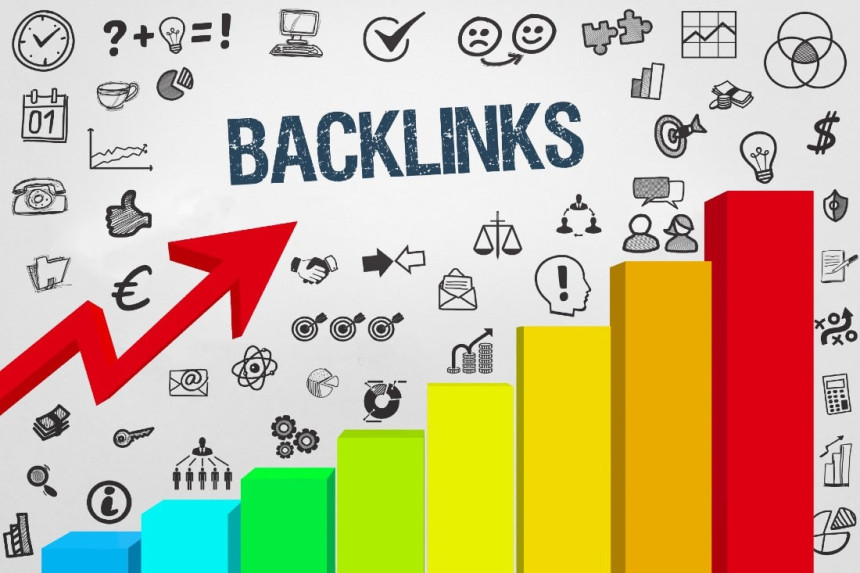
Hashtags
2 years ago
Hashtags
#what-is-this
What is a Backlink?
A backlink, also known as an inbound link or incoming link, is a hyperlink on one website that leads to another website. In other words, it's a link from one web page to another. Backlinks play a crucial role in search engine optimization (SEO) because they are seen as a vote of confidence or trust from one site to another.
Here are some key points about backlinks:
- Quality and Relevance: Not all backlinks are created equal. Search engines like Google consider the quality and relevance of a backlink when determining its impact on a website's rankings. A backlink from a reputable, authoritative website in a related field carries more weight than a link from a low-quality or unrelated site.
- Anchor Text: This is the clickable text of a hyperlink. Search engines use anchor text to understand the context and relevance of the linked page. It's beneficial when the anchor text includes relevant keywords, but it should be used naturally and not forced.
- Link Juice: Backlinks pass what is known as "link juice." This refers to the authority and trustworthiness that a linking page passes to the linked page. The more authoritative the linking page, the more beneficial the link juice.
- Natural Link Building vs. Spammy Backlinks: Natural backlinks are acquired organically, often as a result of high-quality content or through relationships with other websites. Spammy backlinks, on the other hand, are acquired through manipulative practices like buying links or participating in link schemes. Search engines like Google penalize websites for engaging in spammy backlink practices.
- Dofollow vs. Nofollow Links: By default, links are "dofollow," which means they pass link juice. However, webmasters can add a "nofollow" attribute to a link, indicating to search engines not to pass link juice. This is often done for paid or user-generated content links to prevent potential penalties.
- Link Diversity: Having a diverse backlink profile, which includes links from various sources (e.g., different domains, types of websites, etc.), is considered beneficial for SEO. It indicates to search engines that your site is relevant and authoritative across a range of contexts.
- Relevance Matters: Backlinks from websites that are topically related to your own site's content are typically more valuable. They provide context and show search engines that your content is related to a specific niche or industry.
- Link Building Strategies: Effective link building strategies involve creating high-quality, valuable content that naturally attracts backlinks, reaching out to other websites for guest posting or collaboration opportunities, and promoting your content to relevant audiences.
- Monitor Backlinks: It's important to monitor your backlink profile using tools like Google Search Console or third-party SEO tools. This helps you identify any low-quality or harmful backlinks that may need to be disavowed.
Backlinks are a fundamental aspect of SEO because they indicate to search engines the popularity, credibility, and authority of a website. However, it's important to focus on acquiring high-quality, relevant backlinks through ethical practices to ensure long-term SEO success.





